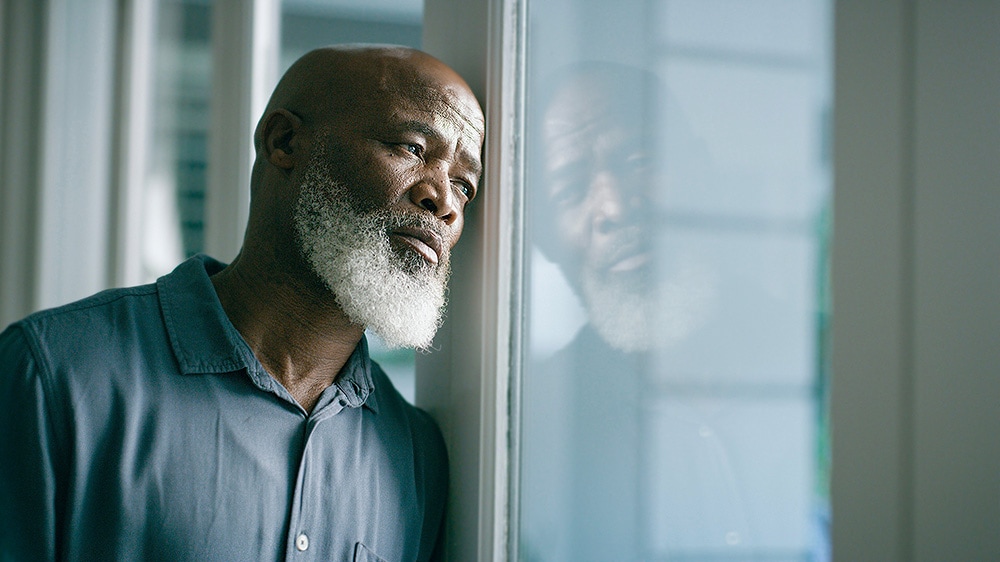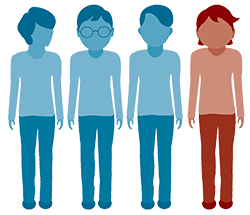Health Risks of Social Isolation and Loneliness
Social isolation and loneliness have become widespread problems in the United States, posing a serious threat to our mental and physical health.
Social isolation and loneliness have been linked to increased risk for:2-7
- Heart disease and stroke.
- Type 2 diabetes.
- Depression and anxiety.
- Addiction.
- Suicidality and self-harm.
- Dementia.
- Earlier death.

Social isolation is the lack of relationships with others and little to no social support or contact. It is associated with risk even if people don’t feel lonely.
Loneliness is feeling alone or disconnected from others. It is feeling like you do not have meaningful or close relationships or a sense of belonging. It reflects the difference between a person’s actual and desired level of connection. This means that even a person with a lot of friends can feel lonely.
Loneliness and isolation may be shaped by many factors, including culture, demographics, and the places where people live, work, learn, and play.
More than 1 in 3 adults aged 45 and older feel lonely in the United States.5

Factors That Might Increase a Persons’ Risk of Social Isolation and Loneliness1,5,8-13
- Having a lower income (less than $50,000/year).
- Having a psychiatric or depressive disorder.
- Being marginalized or discriminated against.
- Challenges to accessing resources, such as living in a rural areas, limited transportation, language barriers.
- Stress due to a lack of resources.
- Having a chronic disease or condition.
- Having a long-term disability.
- Being unmarried, unpartnered, or living alone.
- Being a victim of violence or abuse.
- Major life transitions like getting divorced, losing a job, or loss of a loved one.
The Costs of Social Isolation and Loneliness
Loneliness costs the US economy an estimated $406 billion a year14, in addition to the estimated $6.7 billion a year in Medicare costs for socially isolated older adults.15
Research suggests that loneliness impacts some groups more than others,5,8,9 including:
- Low-income adults.
- Young adults.
- Older adults.
- Adults living alone.
- People with chronic diseases and disabilities.
- Immigrants.
- Individuals who identify as lesbian, gay, bisexual, transgender, and questioning (or queer).
Social isolation increases your risk5 of:
Dementia by 50%
Heart disease by 29%
Stroke by 32%
Nearly 1 in 4 adults aged 65 and older are socially isolated.5
